Campus Voices: Aren’t I An American?
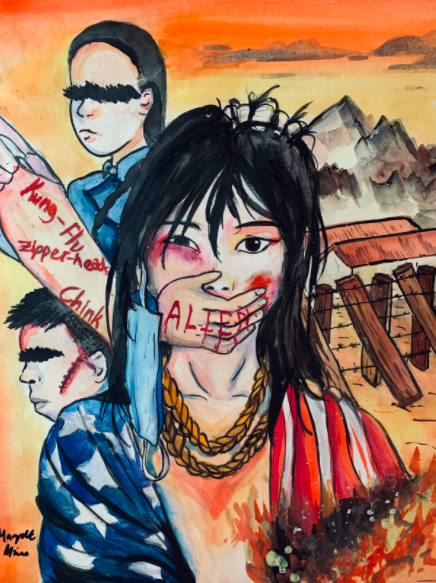
Junior Margaret Miao reflected on the experiences with discrimination of herself and other Asian Americans in her writing piece, “Aren’t I An American?” She created this art piece with watercolors and Chinese ink.
November 13, 2020
Modeled after Sojourner Truth’s “Ain’t I A Woman,” junior Margaret Miao reflected on her identity as a Chinese American in a writing assignment for her AP Language and Composition class, drawing from both her personal experiences and those of other Asian Americans. “I wrote ‘Aren’t I An American?’ not only because of the increase in hate crimes towards Asian Americans, but also as a commentary on the long-held stigmas of the ‘Model Minority’ myth and the normalized racism and xenophobia that was already present in the U.S even before the pandemic,” she said. Miao also created an art piece to go along with her writing, using watercolors and Chinese ink.
I was born in the United States, the land of the free, home of the brave, where the foundation of our country is anchored in equality and freedom. America was the city upon a hill, a shining beacon of hope, renowned for diversity and the “melting pot” of diverse cultures, ethnicities, and language. Aren’t I an American?
The East-Asian features of my face — flat nose, almond eyes, and dark hair — do not comply with societal standards for American beauty. Fair skin, blonde hair, blue eyes: all these I lack. To pay for this absence is the mockery from others, the casual pulling back of the eyes, and the constant reminder of being an alien: “go back to your country.” Go back to my country? Where? For my family members in my ethnic country don’t even accept me. Over there I’m not enough like them, and over here, I’m never American enough. What country do I go to now? Aren’t I an American?Â
Didn’t we grow up in the same neighborhood, were taught the same rhetoric, believe in the same democratic values that the Founding Fathers instilled into the nation, and share in the patriotism of American exceptionalism? We live in a country that preaches on equality of opportunity and freedom, but was created by people foreign to the land, and conquered by foreigners. How were the European settlers that set foot on this soil considered more American than me? If America is a home to immigrants and aliens, aren’t I an American then?
The onset of the pandemic wreaked panic across the globe. Suddenly, my race became the object of scrutiny. Everyone who shared physical features like me became targeted; we became a threat. They blamed us for disease and financial ruin, death and poverty. They blamed us for factors only God can control. Across the United States, hate crimes against Asians increased. Pedestrians were harassed, old grandmas set ablaze, and the blatant words of discrimination and bigotry were hurled at us. Aren’t we American? Don’t we contribute to the same economy, participate in the same democracy, live as citizens of the same country? When we speak up, our voices become stifled by patronizing stereotypes: “Asians are smart,” “all Asians are successful,” and “don’t complain when Asians hold high-earning jobs.”Â
Have they seen the sacrifices of leaving a country whose government does not provide for the people? Have they experienced the persecution of their own country for speaking out against injustices? Have they seen the struggle of immigrant parents working multiple jobs? The blood, sweat, tears of leaving a familiar place, just to be thrown into a strange, lonely place? Our parents come to the United States seeking a better life and future for their children, but their children will forever be branded as foreigners. They reprimand us for speaking our native language, ridicule our culture, deride us for our native cuisines, but fetishize the likable parts of that same culture.
We tried to retaliate, but our parents told us, “No, it is futile and it will only make for more trouble; keep your head down and they will go away. ” Instead of beating them, some of us joined them, deprived ourselves of what little self-worth we have in our own culture. We made jocular insults about ourselves, spewed derogatory jeers about ourselves, and degraded ourselves just to get a few laughs from our “more American” counterparts.Â
Ironically, in exchange for some acceptance, we were further ostracized. We allowed the normalized name calling, the affronts, the jokes, and didn’t fight back to save face. What face is there to save when we don’t have any measure of self-value?
Do we have to prove that we belong? Aren’t we American? Yet they still regard us as outsiders, leaving us forever between a limbo of identities and lacking a place to truly call home. When will we be truly American?



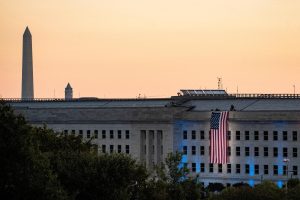
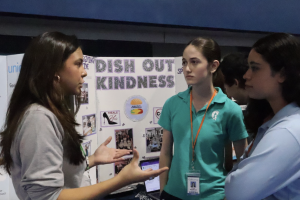
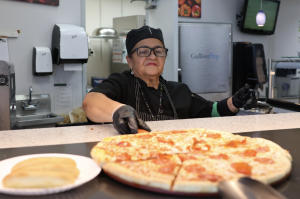
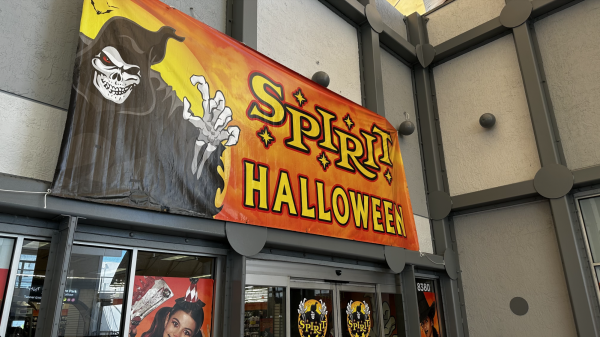

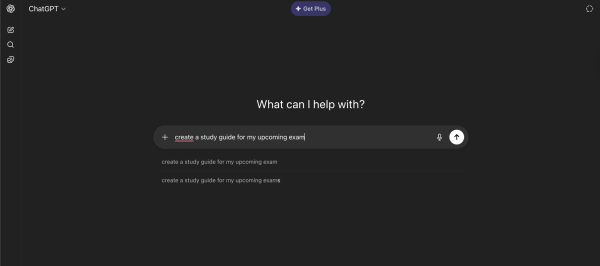


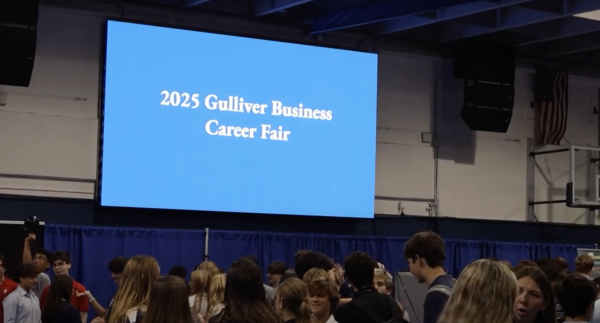
Luis Luis • Nov 20, 2020 at 11:29 am
Margaret, reading what you wrote is incredibly impactful, and the artwork you created adds a lot of emotion. Thank you so much for sharing a powerful experience. <3